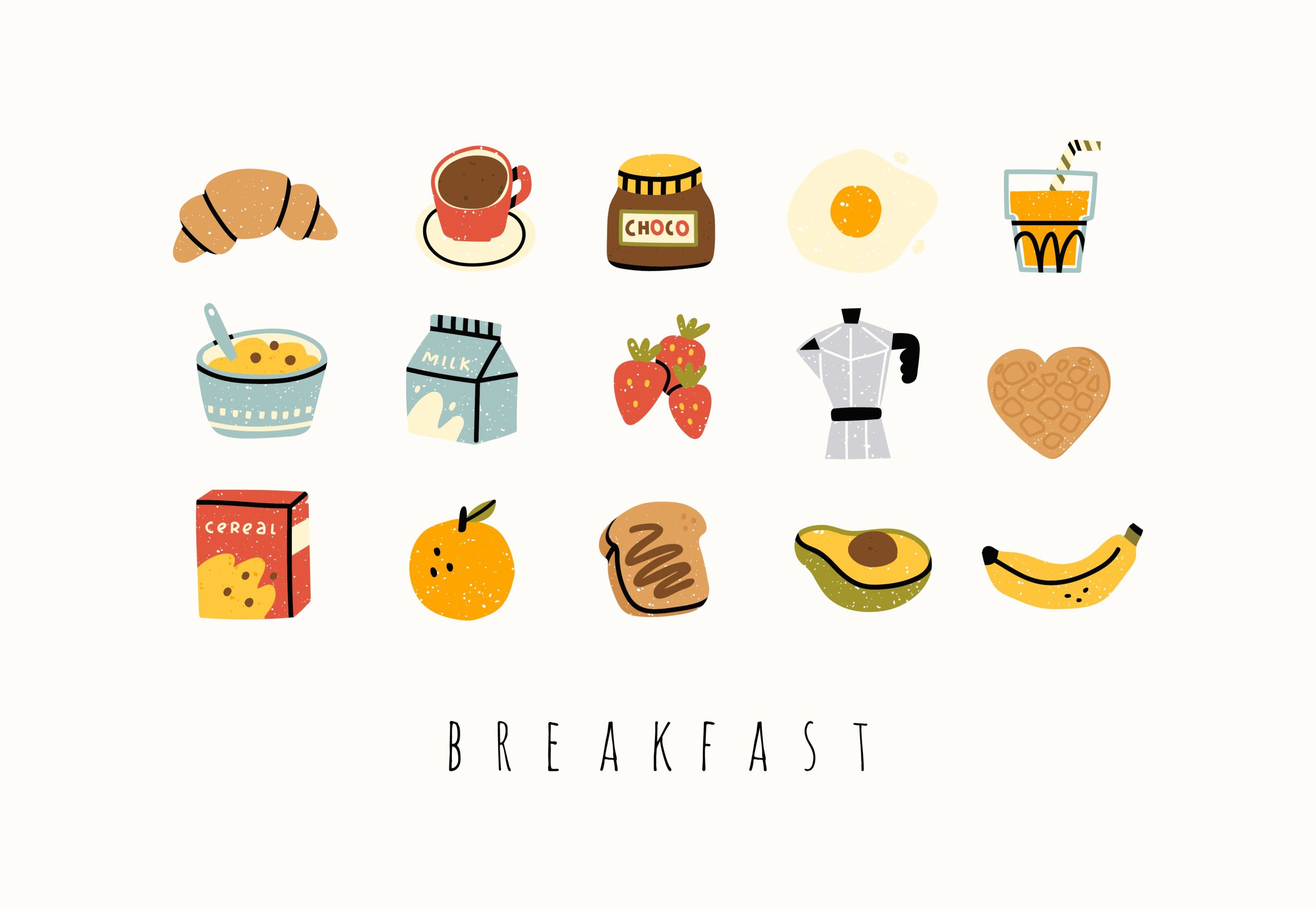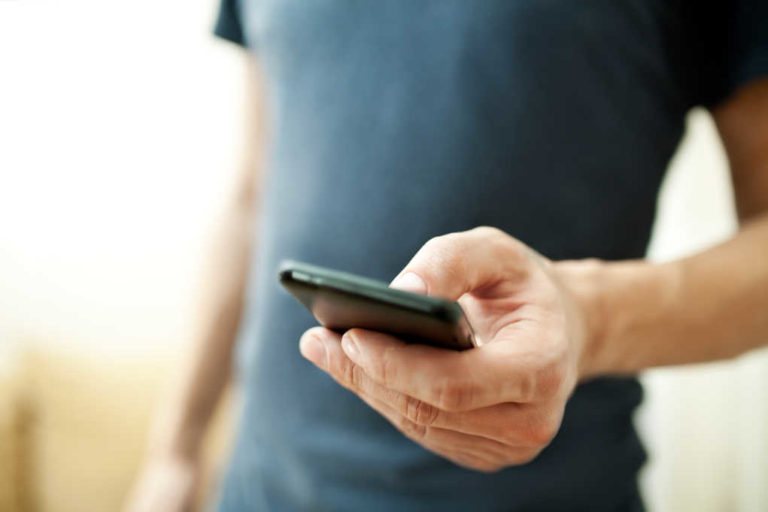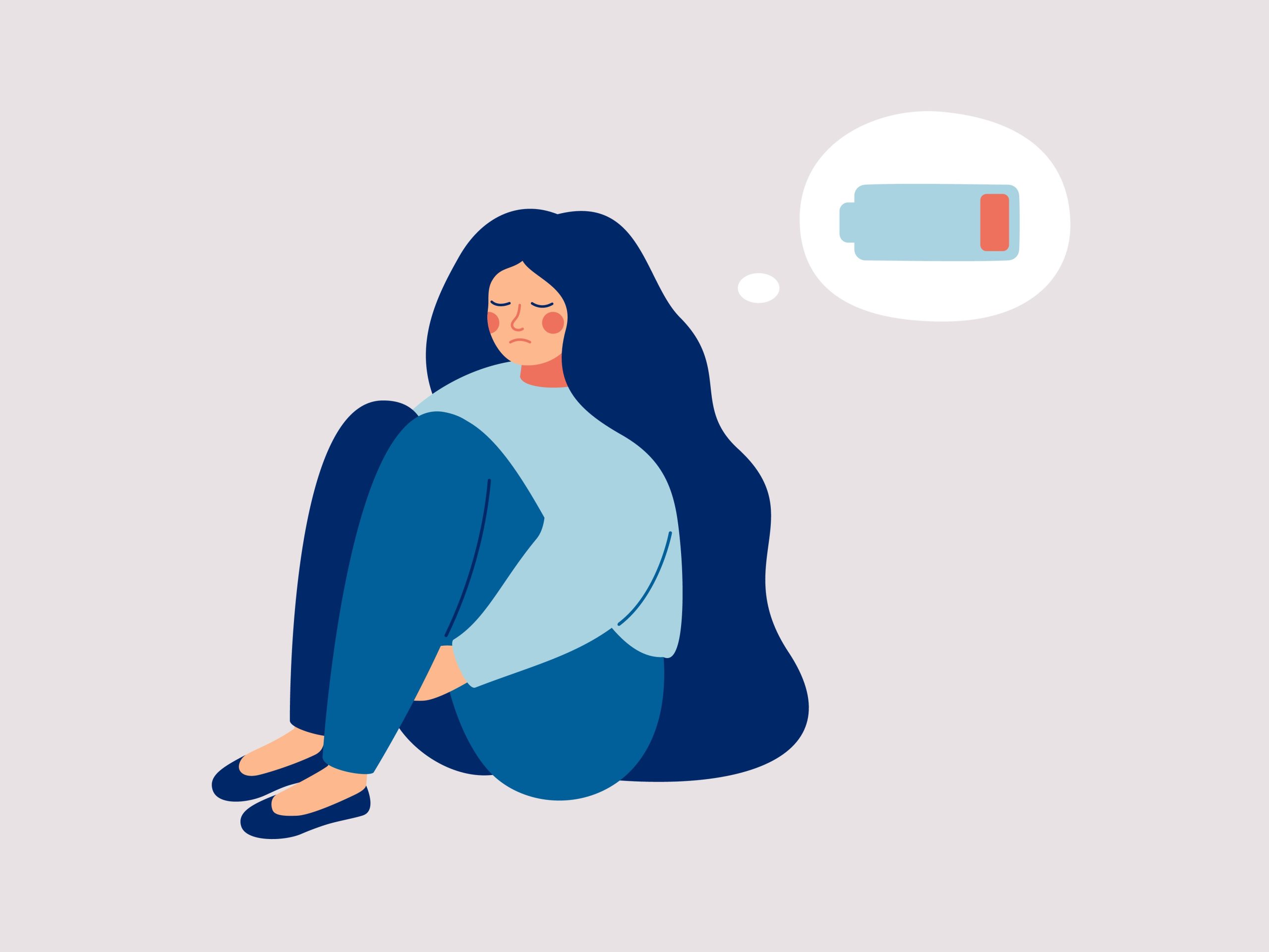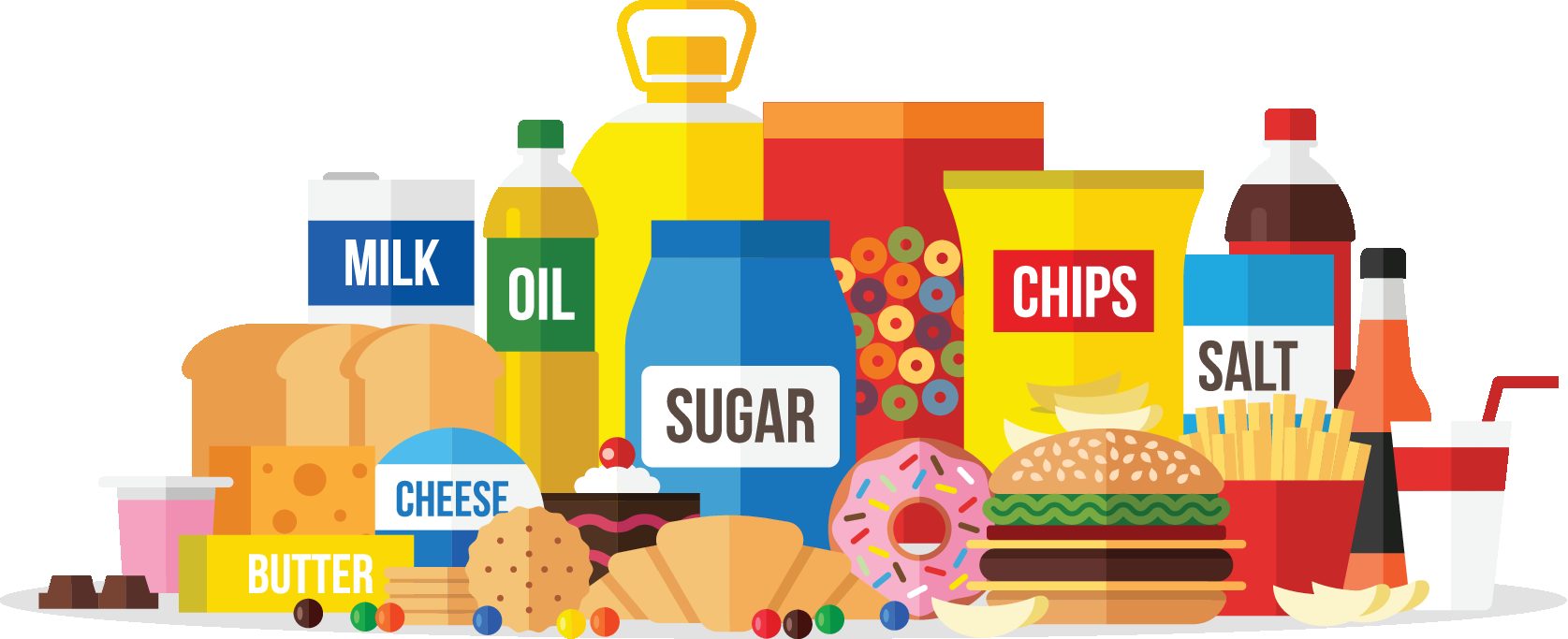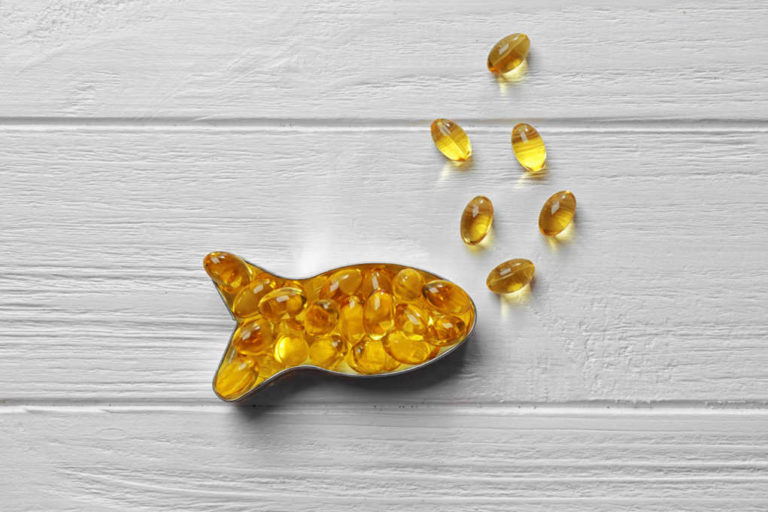The advice on pre-exercise foods is often contradictory and confusing.
Some people say, “Eat before exercising!”
Some say, “Never exercise before eating.”
“It depends on your goals” is a more nuanced approach to the relationship between exercise and eating.
Understanding Metabolic Fuel Selection
Before burning fat, your body uses sugar as fuel.
The biochemistry is complex, but this principle can help explain the process.
Carbohydrates are more easily digested and stored than fats.
You can eat carbohydrates like bread, pasta, starchy vegetables, biscuits, crackers and pastries. When you eat carbohydrates (bread, grains, pastas and starchy vegetables), your body converts them into glucose to use as fuel. This rise in blood sugar and insulin prevents fat breakdown and lipid oxidation, which is why any fat you consume with your pasta or bread will be stored.
Your body will use fat as an energy source when glycogen levels (stored glucose), drop. This transition can happen 2-4 hours following a meal, depending on the amount and when you eat. This will occur sooner if you are active and have a lot of energy.
Exercise to Lose weight…
Eat a meal high in carbohydrates (oatmeal or cereal, bread etc.). You’ll run on sugars, and won’t burn any fat.
You may run out of energy before lunch if you exercise. It could also cause you to snack sooner or eat your lunch earlier, which will reset the metabolism to burn glucose instead of fat.
If you exercise after sleeping for eight hours (and not eating in that time), your workout will be powered by the body’s fat reserves instead of carbs.
When you are exercising for high performance…
If you are mid-performance, your body may feel tired and sluggish as it switches from using carbs to fat for fuel.
It is because of this process that athletes load up carbs prior to a long run, bike ride, or big game. By increasing your glycogen reserves, you will have the endurance to go longer.
Shorter workouts, such as sprinting and weight-lifting (anaerobic exercises), are best. Eating or not eating seems to have little effect on performance.
Other considerations
For some people, exercising while full of food is not a pleasant experience.
Exercise with an empty stomach can be uncomfortable for some people.
You may not lose much weight if you eat a meal before you exercise, but you will still reap many other benefits.
If you skip meals before a long distance run, your performance may suffer, or it could feel like a boost.
Whatever your motivation for exercising in the morning, it is best to do what you feel most comfortable doing. This will help you build a habit and be satisfied for a long time.

